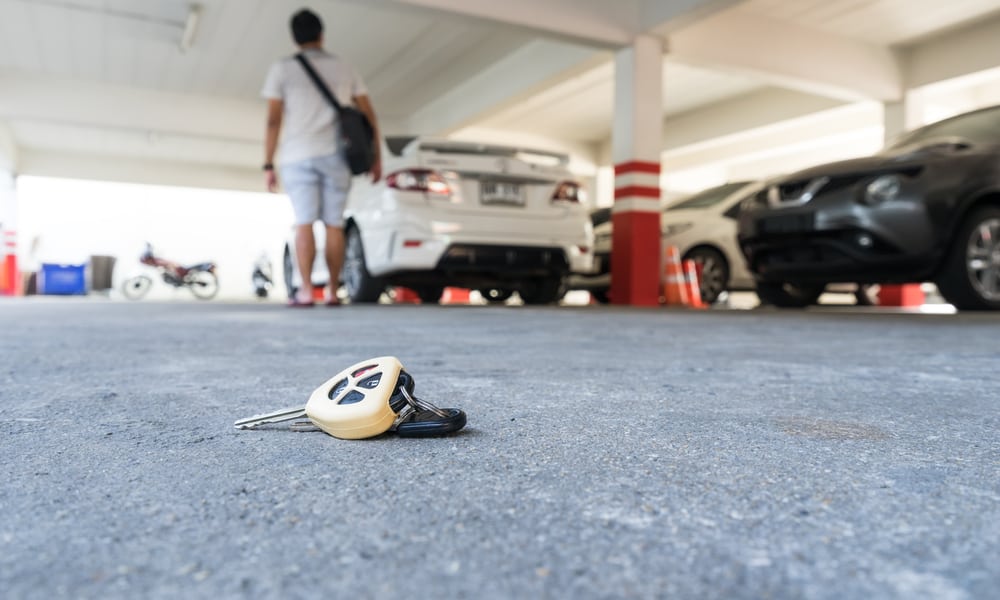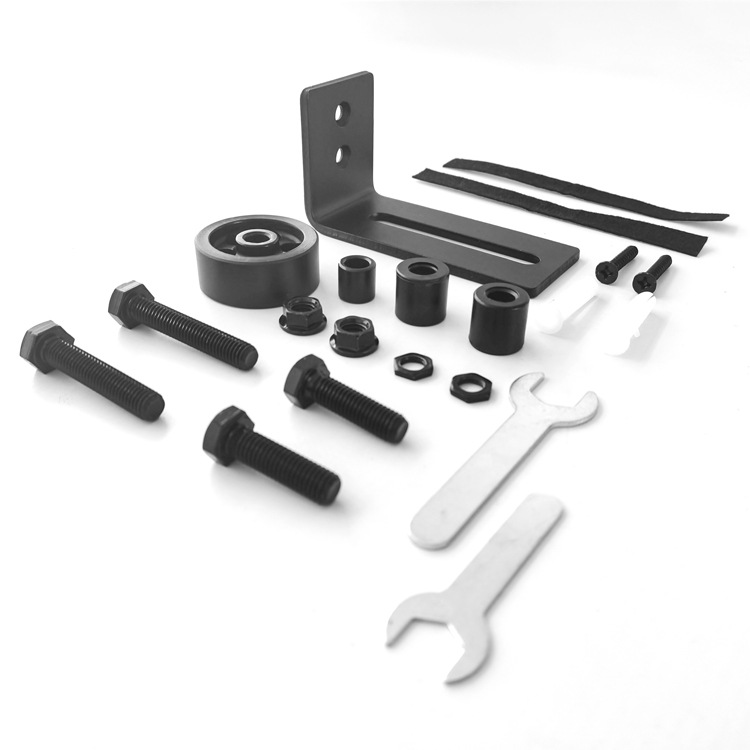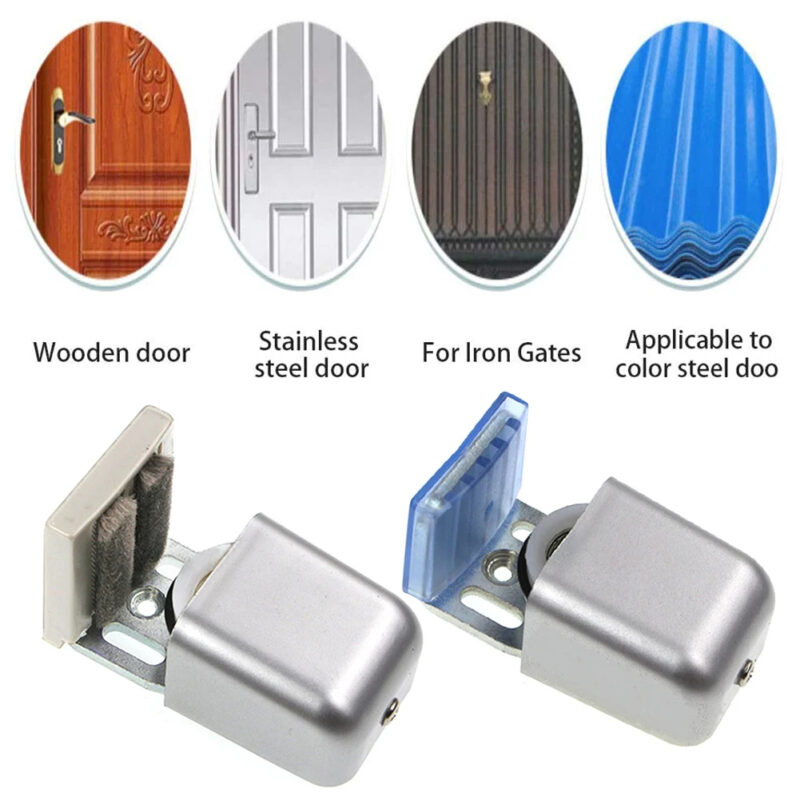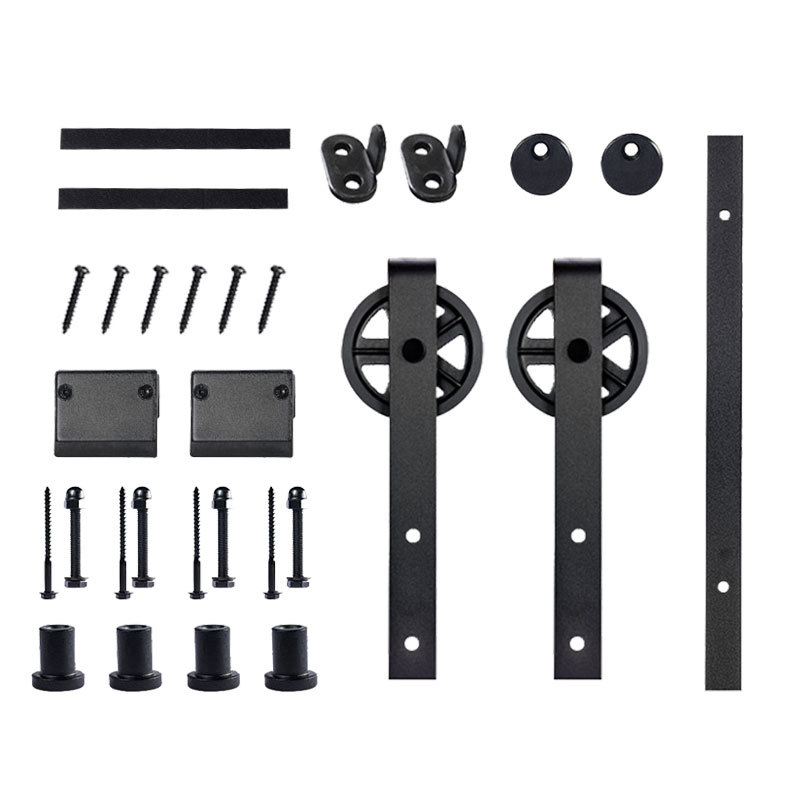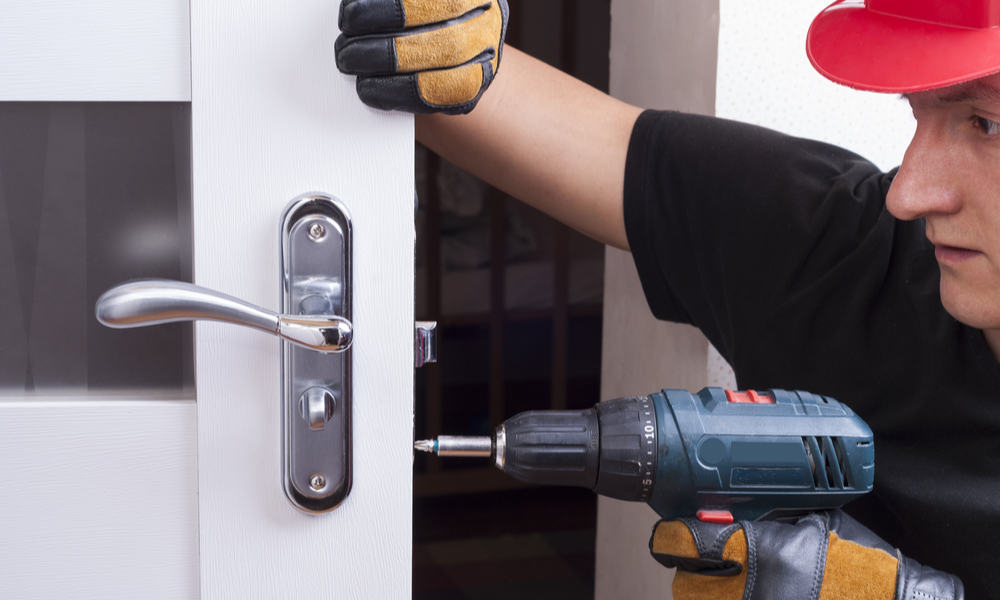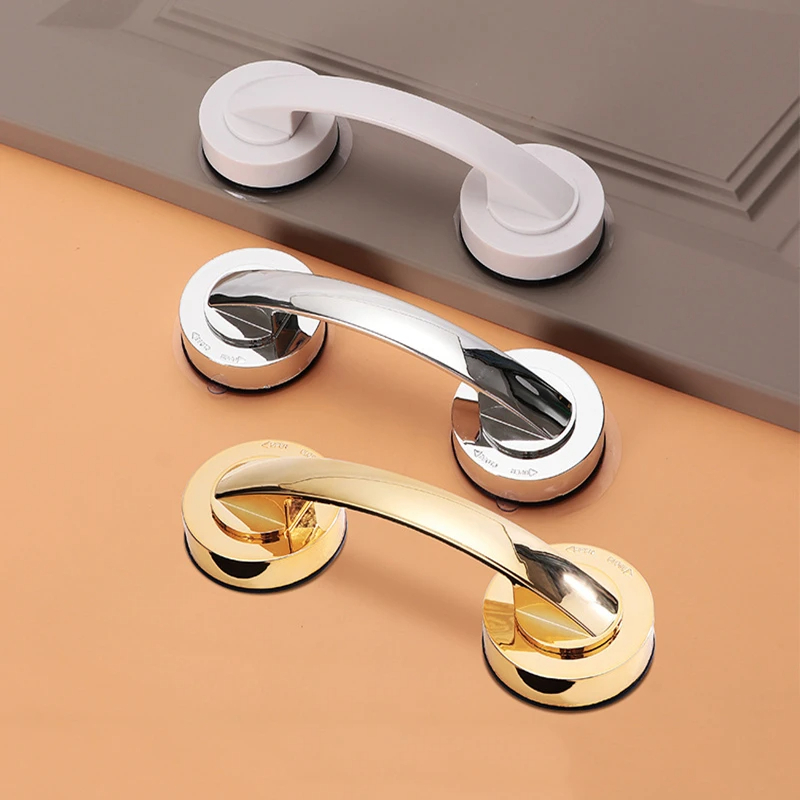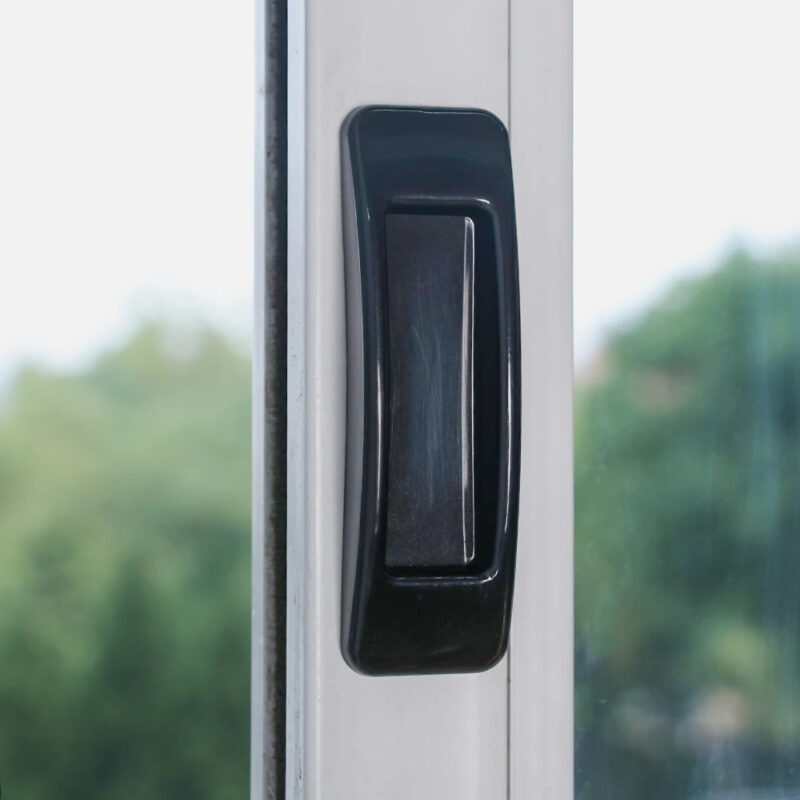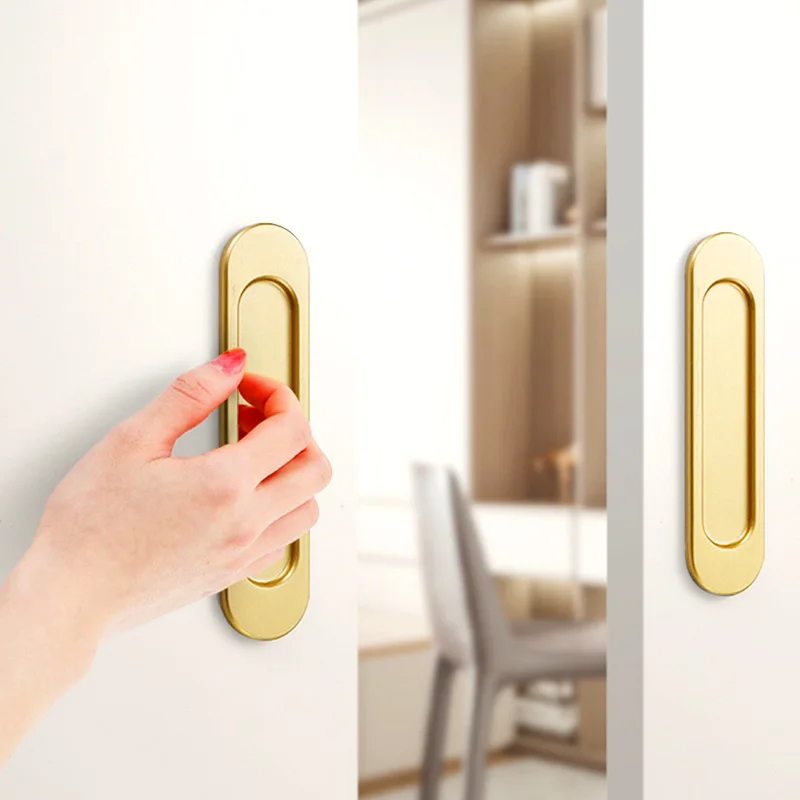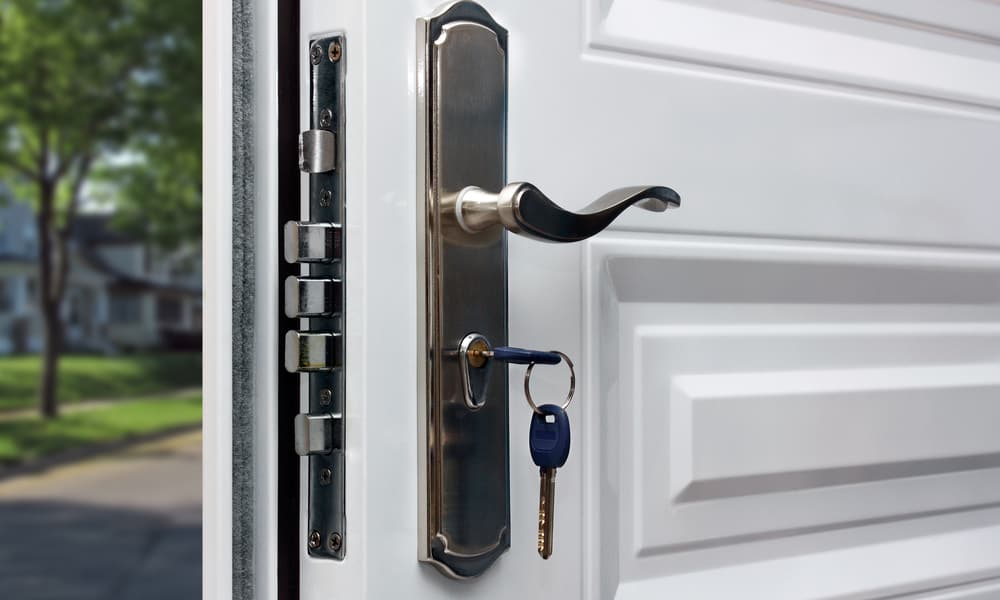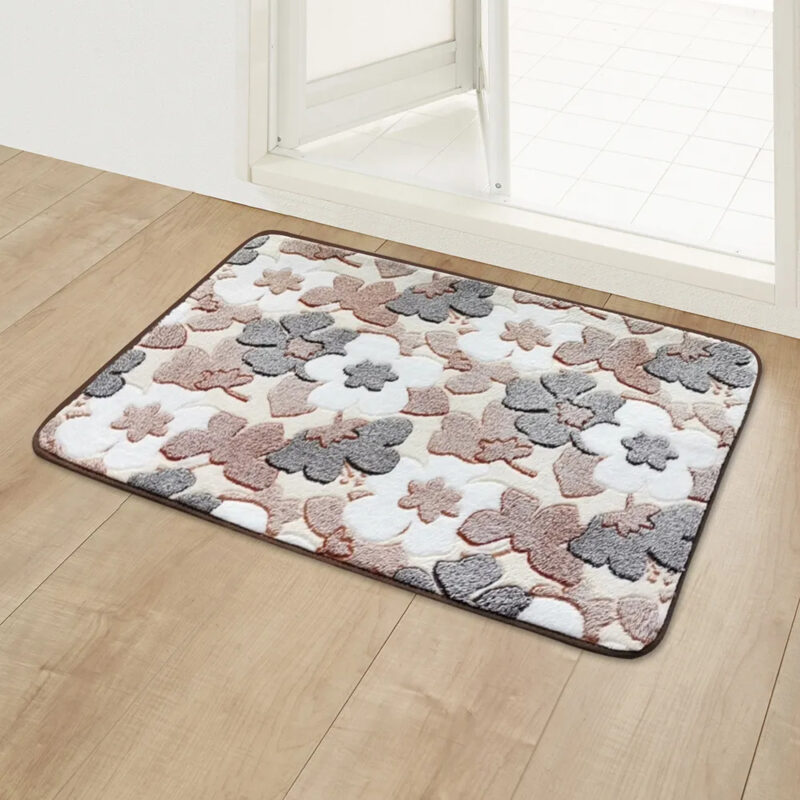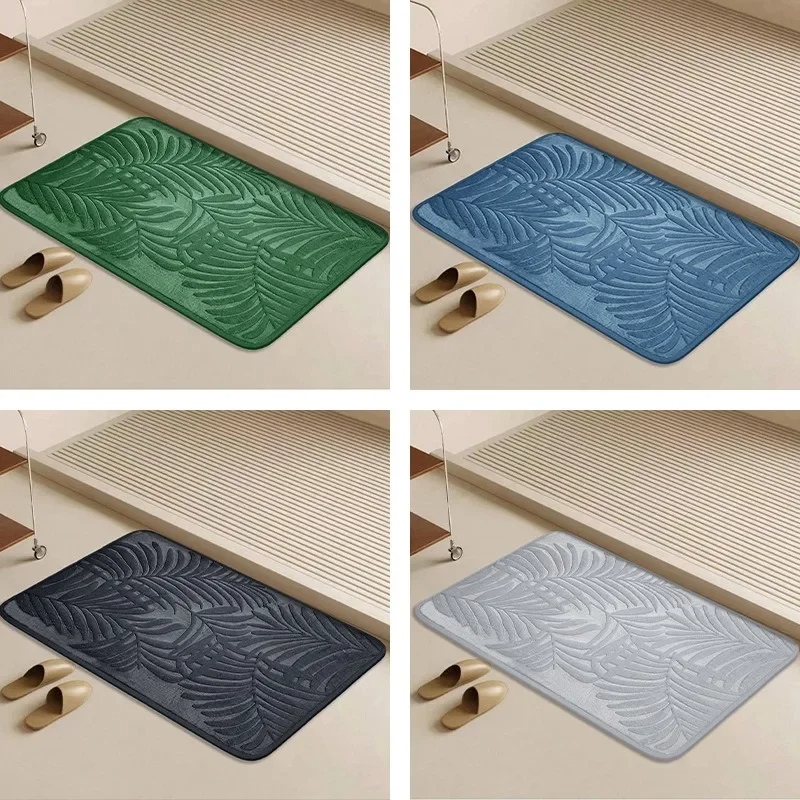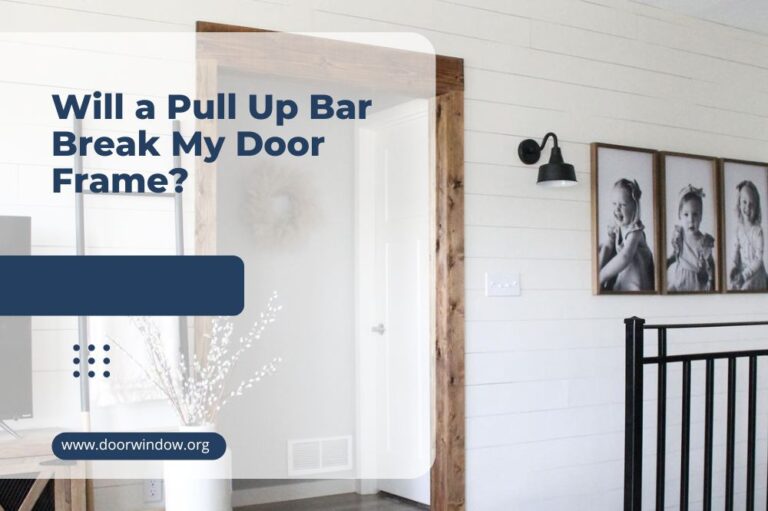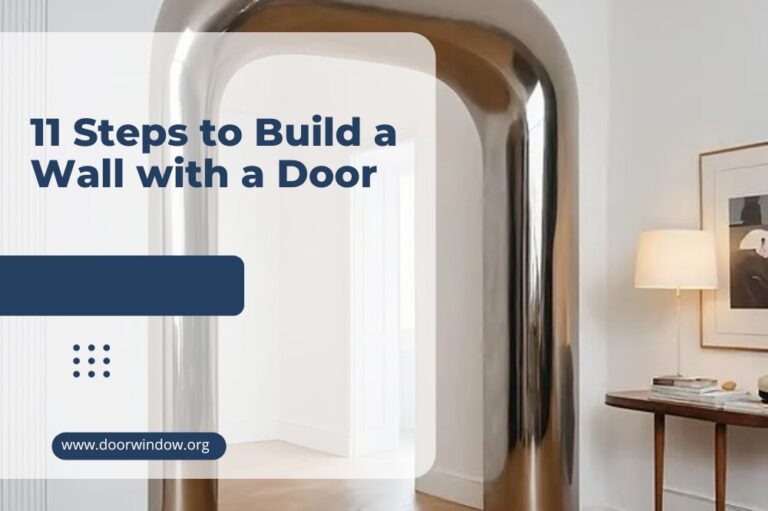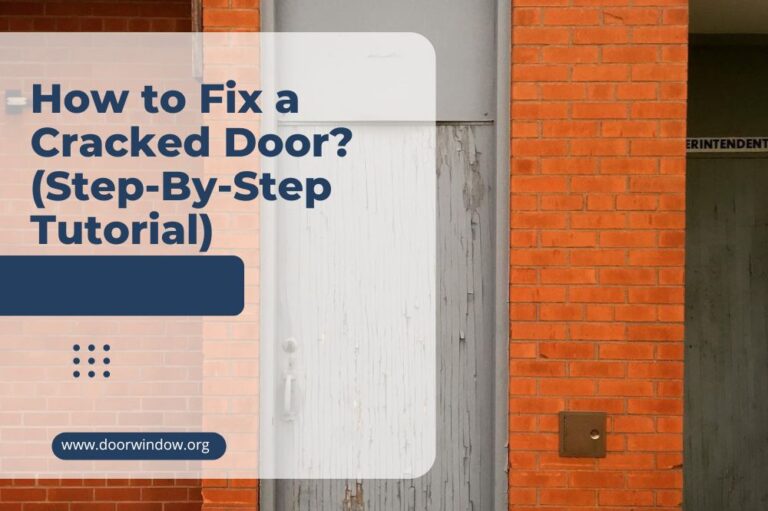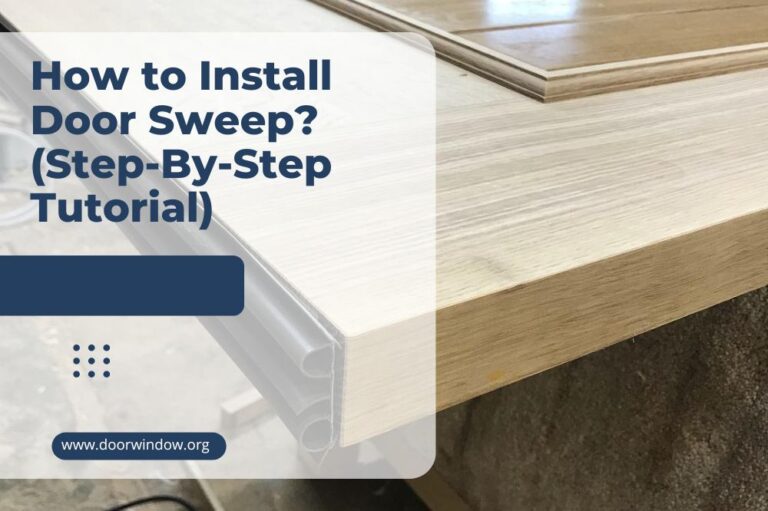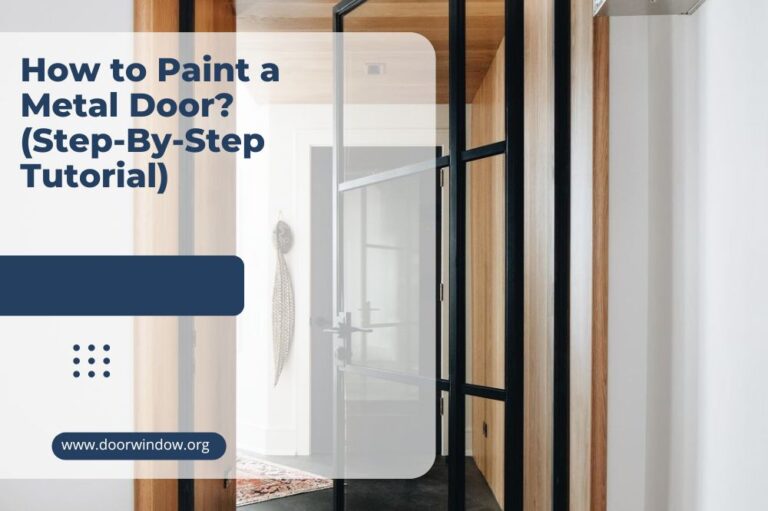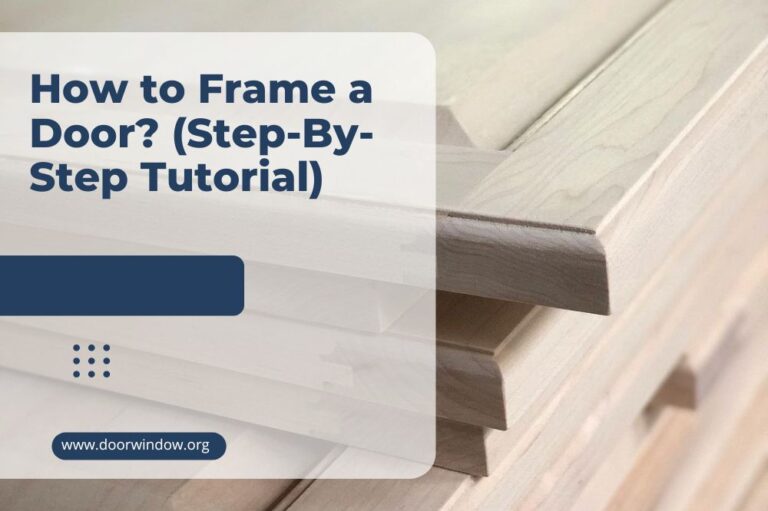How Much Does a Locksmith Cost to Unlock a House Door? (9 Facts)
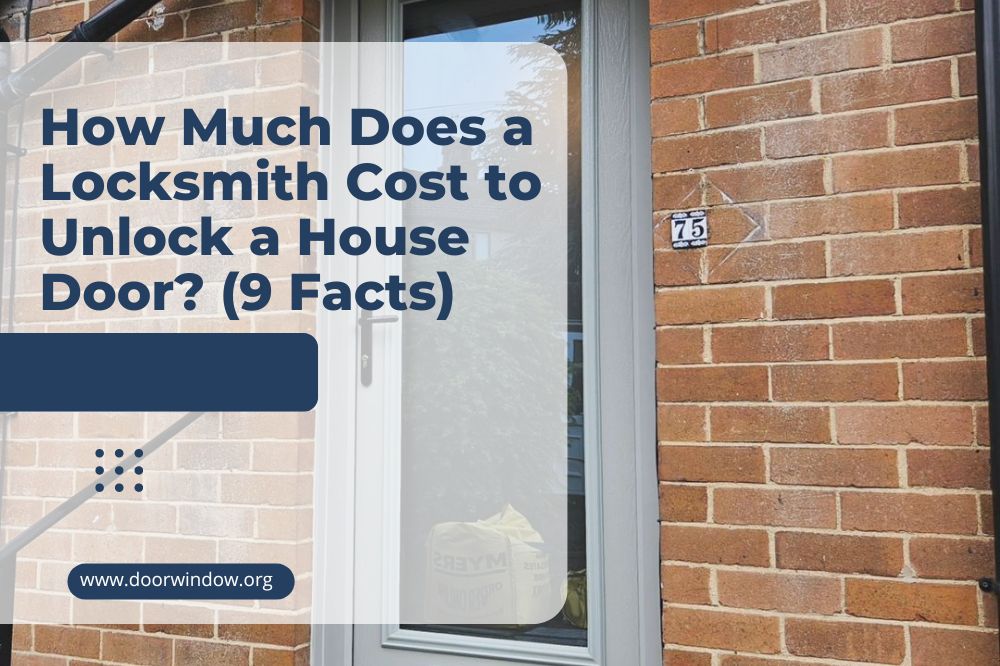
Ever heard of the locksmith scam? Basically, fake locksmiths put false ads online. They quote really low prices to lure you in, but when they arrive at your house, they overcharge you and sometimes do a shoddy job. These scams spam the system by listing multiple ads.
All their ads lead to one call center. And because there are so many, they drown legitimate locksmiths. The fake ads look authentic, so how can you dodge the cons? We can help by providing some tips on how much locksmiths cost. That way, if the price is too low, you can run!
How Much Does a Locksmith Cost to Unlock a House Door
Tip #1: Use a calculator
You already know prices are never universal, even within the same country. You may be charged differently because of the skills involved, the distance traveled, or the shipping origin. Prices can also vary based on shelf life. For services such as locksmithing, the price range can still be dictated by location. That’s why using a cost calculator is the simplest way to guesstimate.
It’s easy to use. Just type in your zip code and click. On average, your expenses should be $96 to $211, according to Home Advisor. Their cost calculator uses data from over 11,000 members to feed its algorithm, so it’s relatively accurate. And because the data comes from homeowners rather than locksmiths, they’re telling you what they actually spent, so their data is accurate.
Tip #2: Consider the time
The mean rate for locksmiths in the US is $153 per visit. But their prices differ during slow periods and peak times. For example, typical workers do an 8 to 4 or 9 to 5 shift with a lunch break between. So morning peaks are about 7 am to 10 am, because people are getting ready for work, so they may lose their car keys or lock themselves out of the house in their rush.
Evenings are equally busy because people are preparing to drive home or getting home to find they left their keys at work. A typical locksmith charges $50 to $100 per hour. If it’s ‘rush hour’ or after hours, that rate jumps to between $75 and $125. So if you call at night or during a bank holiday, expect to pay that much at the minimum, depending on your zip code.
Tip #3: Think about the distance
The reason the locksmith scam works so well is accessibility. Think about it. You’re late for an appointment or stressed out after a long day at work. You’re not thinking ‘How much does a locksmith cost anyway?’ You’re thinking, ‘Where is the closest locksmith and how fast can s/he get here?’ That takes you to your preferred search engine, and you still can’t be sure who’s legit.
In addition to hourly rates and labor costs, locksmiths can charge $50 to $100 for every trip. More if they’re covering a long distance. Throw in peak hours and the trip fee surges to between $100 and $150. So before you dash to Google to verify who’s closest, call your local hardware store and ask them to recommend someone. Or phone a friend and ask who they use.
Tip #4: Assess the level of damage
Why did you call the locksmith in the first place? Did you lose your key and can’t find the spare? Or is the lock itself damaged in some way? Are your keys locked inside the house or car? These will all influence your locksmith fee. If you have the key but can’t access it, your locksmith needs to bypass the lock without breaking it (if possible), allowing you to re-use your keys.
But if the key is broken or lost, you have to get a new key in addition to the new lock. Rekeying your house costs $20 to $50 because it’s not as complex as car locks. Rekeying the latter can cost $50 to $100. That excludes resetting the lock and providing a new set of keys. Of course, if the key is locked inside the car, you can always get someone to jimmy it open …
Tip #5: Add a new set of keys
Locksmiths have several ways to deal with your problem. They could cut a new set of keys to replace a lost one. If the key broke inside the lock, they have to carefully dismantle the lock, remove the fragment, the use it to cut a new key. Sometimes, by the time you call the locksmith, you’ve hammered and jiggled the lock with shoes, rocks, and bobby pins. So it’s jammed shut.
In that case, you don’t just need new keys, you need a whole new lock. To make you a new set of keys, most locksmiths will charge between $10 and $150, depending on the type and quality of the key. If they have to buy a new lock, check the price of the lock itself. This prevents them from marking up the cost. If possible, go out and buy the lock. Then you’ll only pay for installation.
Tip #6: Distinguish houses and cars
From our observations on rekeying (and from general knowledge), you may already know car locks are more expensive to repair than house locks. This is partly because the locking mechanism is more complex. But it’s also because car locks are more diverse. With houses, one key can sometimes open multiple doors. With cars, every make, model or upgrade is different.
Unlocking a house with a stuck door or a lost key will run you $100 to $200. Doing the same on a car will cost you $50 to $300. On the other hand, if you want your car lock or house lock changed after a dramatic breakup (or a dramatic break-in!), you’ll spend about $75 per hour. Get a trusted recommendation – you don’t want a go-slow locksmith who drags to inflate costs.
Tip #7: Protect your valuables
How much does a locksmith cost for safes? Maybe you forgot the combination. Or maybe you’re clearing an elderly relative’s house. Could be you dug up a shipwreck or discovered an abandoned home. In all these cases, you need to open the safe. Some locksmiths may charge per hour because breaking into certain types of safes takes time. Others can just be smashed open.
Whether they’ll use a stethoscope and require dead silence or simply attack the cash box with a sledgehammer, the range for opening safes is $50 to $400. This could depend on the size, make, and model of the safe. It could also be driven by your locksmith’s guess of what’s inside the safe. You might say it’s just documents, but if s/he thinks there’s cash in there, s/he’ll charge more.
Tip #8: Confirm the brand
Door locks, car keys, and other locking devices come in multiple designs, each with its own price range. For example, a no-key shim system can be replaced for under $10. A safe deposit lock is closer to $50. Cylinder locks hover in the middle at $30 to $35. As for brands, a Yale lock could cost as little as $15 while a Schlage lock goes all the way to $1,000. Brinks go from $20 to $250.
So if you’re locked out of your house or car, start by checking your brand and model online to get a price estimate. Keep in mind you’ll have to pay for trip distance, breaking the lock, repairing the lock, and making a new set of keys. If you locked the key inside, you may want copies.
You can give them to your emergency contacts for future lockouts. Copying a functioning key can cost anything from a dollar to ten. Buying a new lock ranges from $40 to $100, with an added labor fee of $15 to $40 for every installed lock. Overall, if you’re locked out of your house (or car) expect to pay up to $300 just to get back in. But if you’re lucky, you’ll ‘break in’ for $50.
Tip #9: Verify if it’s manual or electronic
If you have an electronic lock, you’re in trouble. Breaking into those could easily run you $2,000. Meanwhile, installing a new electronic security system can be less than $500, so you might forego your dead power lock and just put in a new system.
Or you could opt for a deadbolt – the most expensive version barely costs $200. Also, if you’re calling the locksmith to a commercial property, expect to pay a premium. Home lockouts are about $350. Car lockouts hover at $150. But for an office lockout, you’ll pay about $200 on average. It could cost as much as $800 if your premises has a push bar to breakthrough.
How Much Does a Locksmith Cost to Unlock a House Door?
Here are some guidelines you can use to check whether you’re being overcharged or underbilled:
- Use a cost calculator to get an estimate based on your zip code.
- Factor in the time of day (or night) and the location of your locksmith.
- Cars, houses, and offices all attract different rates, depending on the type of lock.
- Electronic locks (and safes) cost way more and require a specialized skillset.
- No matter how urgent it is, get at least three separate quotations.
Can you spot a true locksmith ad from a false one? Show us some examples in the comments!

